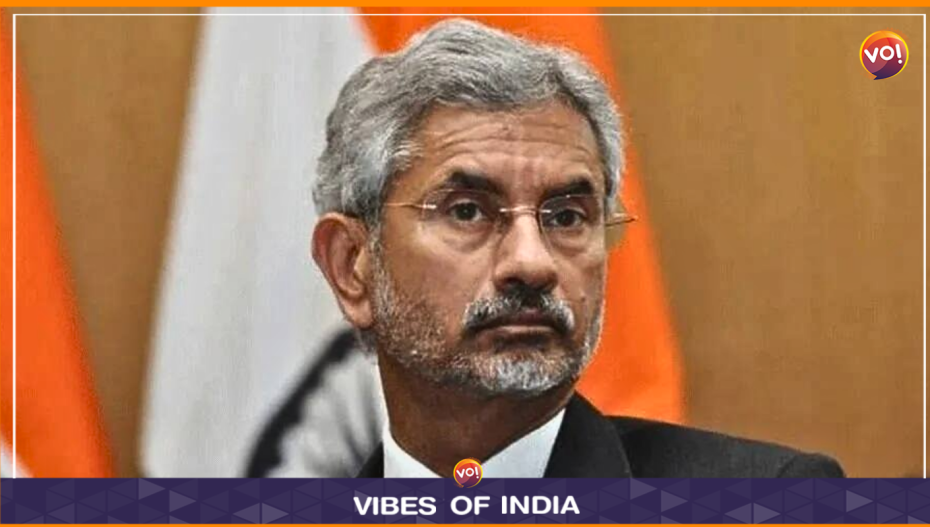External Affairs Minister Dr S Jaishankar has stated that the recent breakthrough agreement with China on patrolling along the Line of Actual Control (LAC) does not imply that all issues between the two nations have been resolved; however, the disengagement allows further steps to be considered.
Speaking at an event on Saturday, Jaishankar said, “The latest step (of disengagement) was the October 21 understanding that patrolling will take place in Depsang and Demchok. This will allow us now to look at the next step. It is not like everything has been resolved but the disengagement, which is the first phase, we have managed to reach that level.”
He acknowledged the efforts of the military, which operated in exceptionally demanding conditions, as well as diplomacy, for securing the agreement with the neighbouring nation.
“If today we have reached where we have, one is because of the very determined effort on our part to stand our ground and make our point. The military was there (at LAC) in very very unimaginable conditions to defend the country, and the military did its part and diplomacy did its part,” Jaishankar said.
In response to a question during another interaction with students, Jaishankar stated that it is still premature for ties to normalise, as it would inevitably take time to restore some level of confidence and cooperation.
He said that during the BRICS conference in Kazan, Russia, where Prime Minister Narendra Modi met Chinese President Xi Jinping, it was agreed that the two nations’ foreign ministers and national security advisors will meet to discuss the next steps.
He stated that India’s infrastructure has improved over the last 10 years, but that part of the problem is that the border infrastructure was severely neglected in past decades.
“Today we have put in five times more resources annually than there used to be a decade ago which is showing results and enabling the military to actually be effectively deployed. The combination of these (factors) has led to where it is,” he claimed.
The overall relationship has undoubtedly suffered as a result of the highly unstable border situation since 2020. “India has been negotiating with the Chinese to find a solution since September 2020,” he noted.
According to the EAM, this approach had several facets. Disengagement is the most urgent as troops are so close to one another and there is a chance that anything may happen.
In accordance with the agreement, the two nations have started the process of disengaging their forces from the two places of dispute, Demchok and Depsang Plains in eastern Ladakh. The process is expected to be finished by October 28 or 29.
Regarding the “string of pearls,” a network of civilian and naval ports believed to be a plan to encircle India, Jaishankar stated that the development must be taken seriously and that India must be prepared to compete.
The term describes the network of Chinese economic and military links and infrastructure along its maritime communication routes.
Also Read: Delhi’s Air Quality Deteriorates as AQI Reaches ‘Very Poor’












